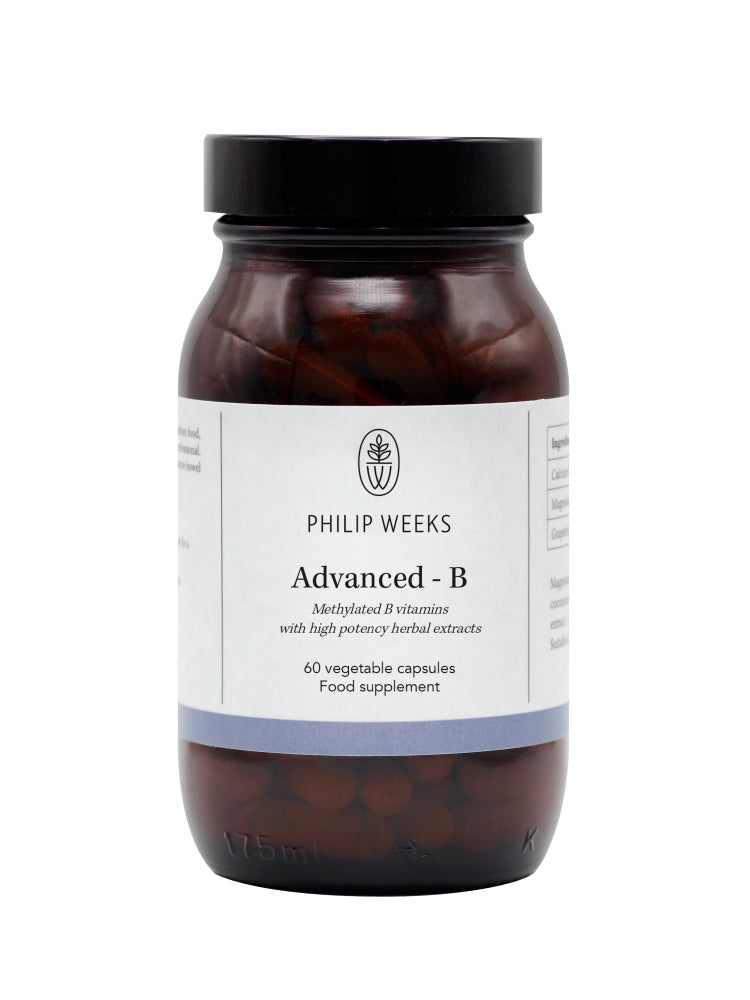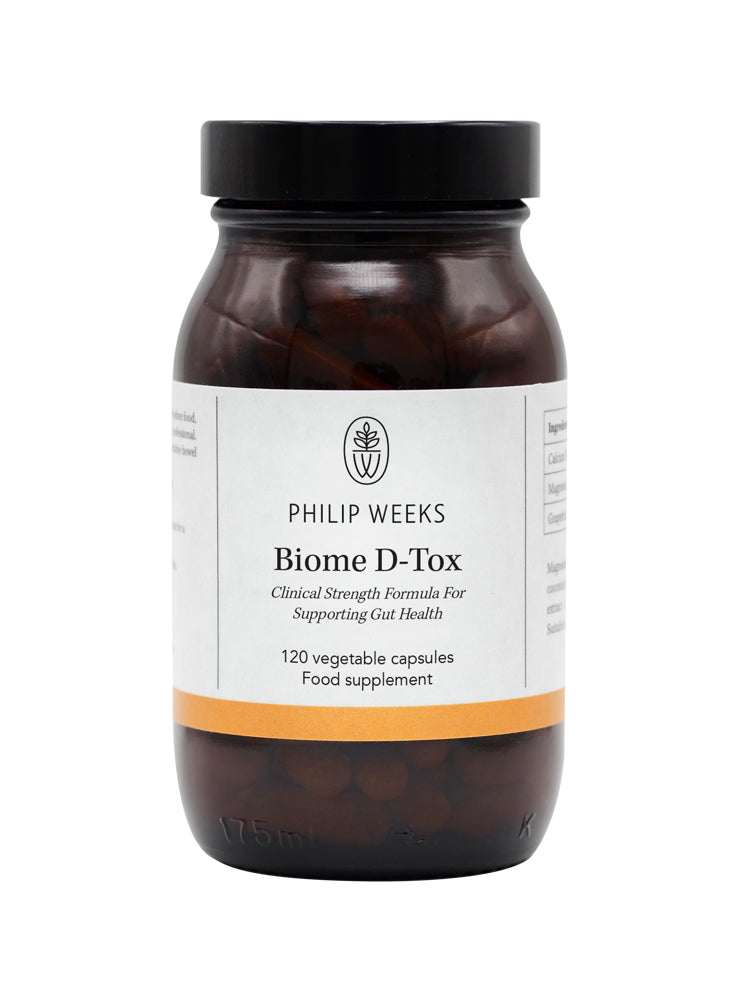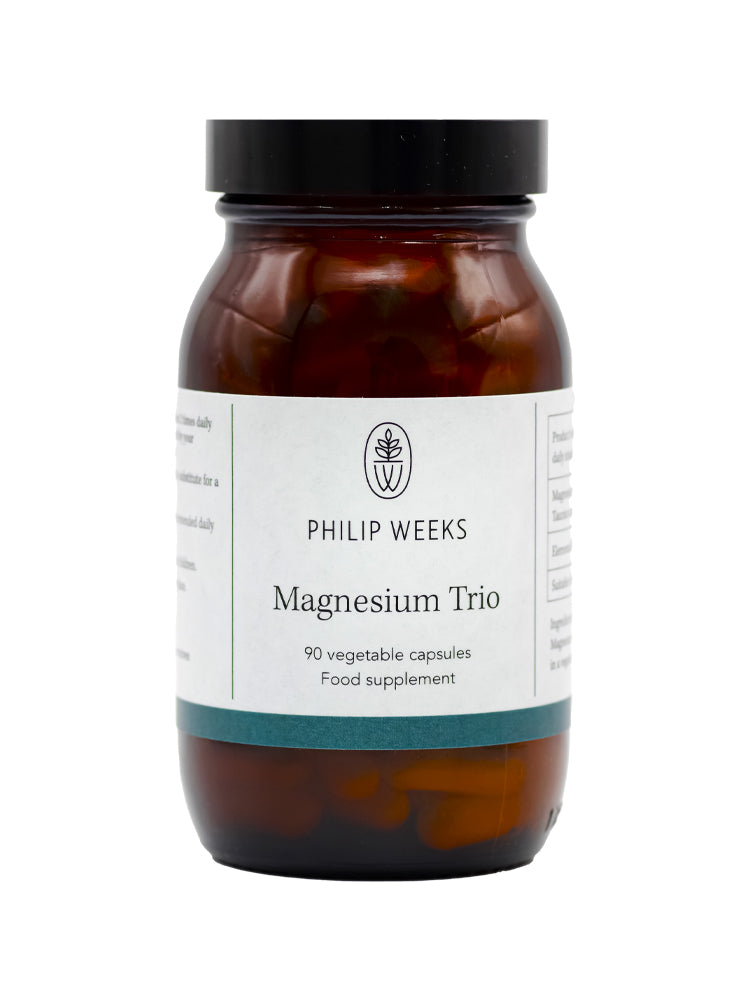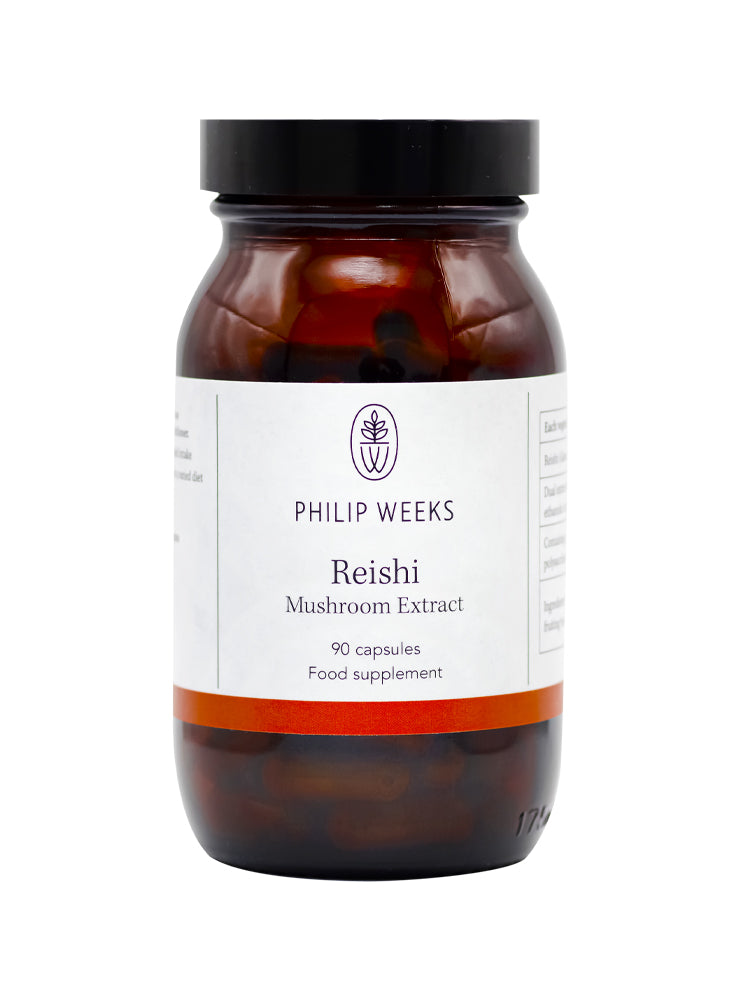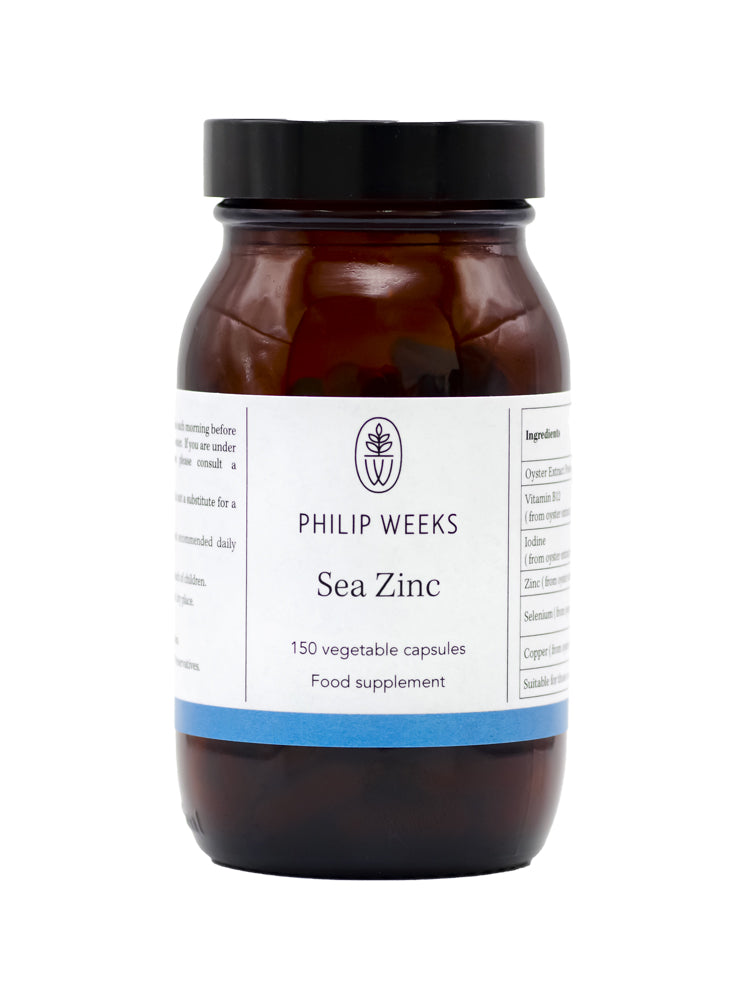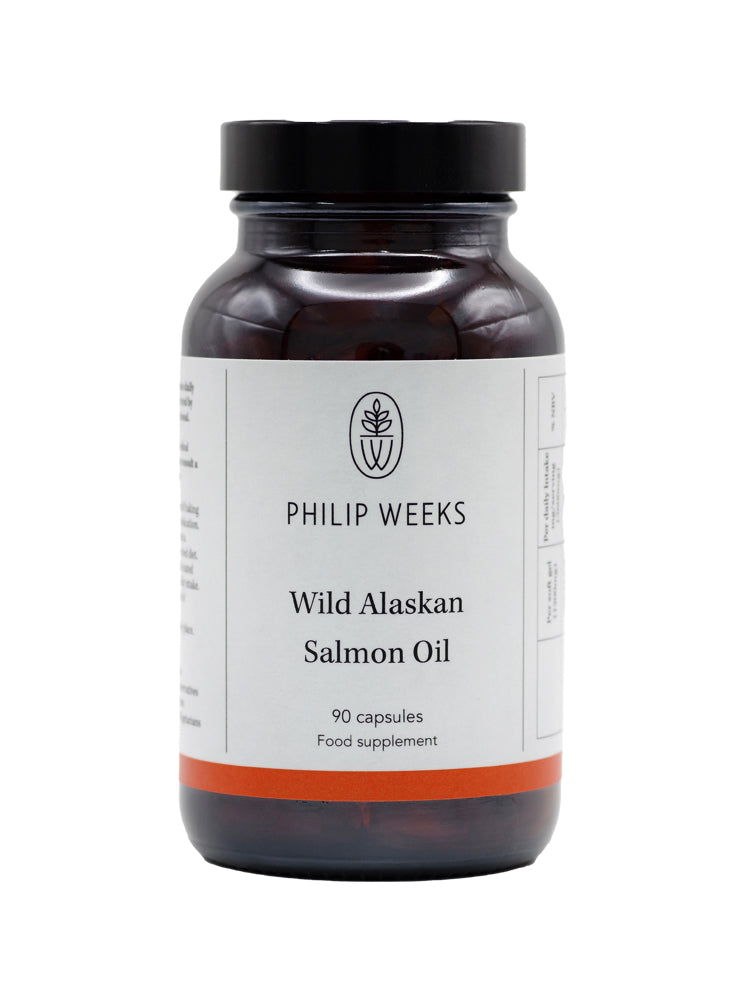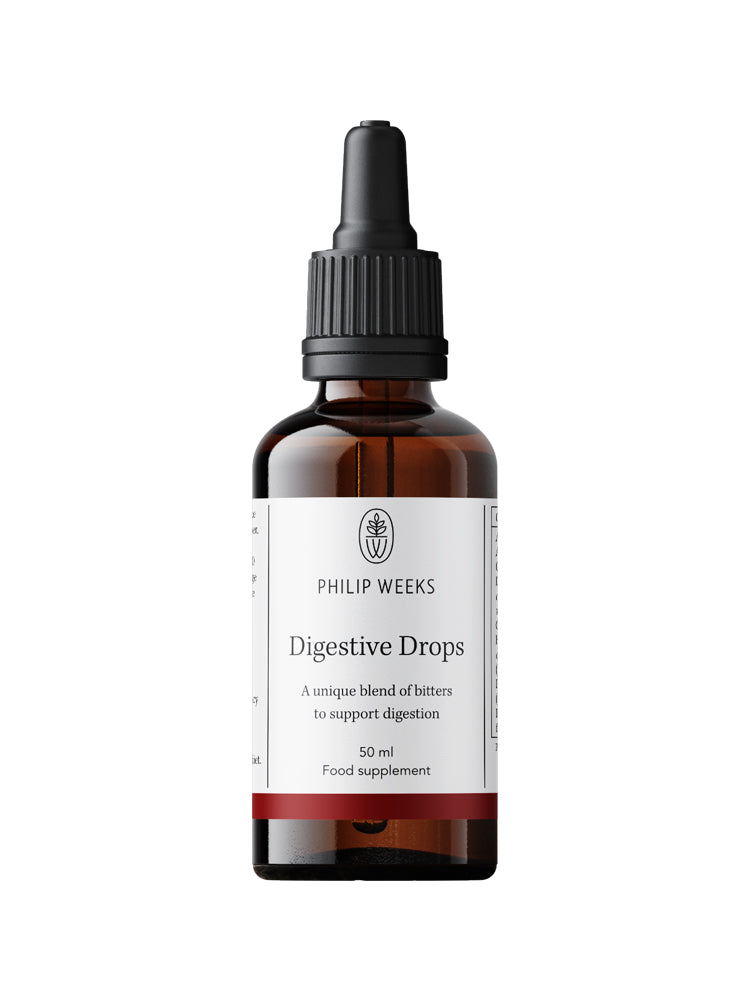Magnesium deficiency is probably the most common mineral deficiency that we see in the clinic.
It is an essential mineral and has many functions and is involved in at least 300 enzyme processes. It plays a crucial role in:
SLEEP: An important role in calming the nervous system, muscles and the production of brain chemicals that help us rest and relax.
ENERGY: Magnesium helps with the production of ATP which is part of energy production in each cell. It is also involved in the production of insulin and the conversion of glucose into energy.
HEART HEALTH: Important for muscle and nerve function in the body and maintaining the healthy rhythm of the heart. Magnesium is also involved in blood pressure regulation and the production of cholesterol.
BONE HEALTH: Although calcium is thought to be the most important mineral for the bones, that is only partly true. Magnesium is needed in bone formation and the metabolism of calcium.
MOOD: Magnesium is involved the production of neurotransmitters which are involved in our mood and feelings of well-being such as Serotonin, Gaba and Dopamine.
A chronic deficiency of magnesium is common especially as intensive farming methods and the consumption of refined foods is resulting in a large-scale deficiency, insidiously degrading many people’s health.
Magnesium deficiency can be involved in:
- ADHD • anxiety • arthritis • asthma • calcification of tissues • cold extremities
- constipation • chronic fatigue • cramps • depression • headaches • high blood pressure
- insomnia • kidney stones • migraines • muscle cramps, tics, twitches, tremors • PMS.
Research has shown that people with fatigue have low levels of red blood cell magnesium. In the same study, when levels were appropriately restored, many of those with fatigue felt an increase in energy as well as being more able to deal with their emotions.
A study in China showed that high levels of magnesium supplementation improve cognitive brain function and the brain’s ability to adapt and cope with stress.

REASONS FOR MAGNESIUM DEFICIENCY
- Low dietary magnesium. Intake is simply not enough. This is likely, especially as the soil in so many areas is depleted in minerals.
- Insufficient stomach acid. Many people, especially those with chronic disease, do not have a strong enough concentration of acid, resulting in poor protein metabolism as well as mineral deficiencies such as iron.
- Sweating and exercise. Athletes and those doing intense exercise have a greater need for magnesium. Many believe it is magnesium deficiency that causes ‘sudden death syndrome’.
- Stress. At times of acute stress the need for magnesium is greater. High levels of the stress hormone cortisol, results in more magnesium being urinated out.
- Diuretics. These leach magnesium from the body. In addition to medication, diuretics also include tea and coffee.
- Alcoholics and diabetics all have a greater need for magnesium.
Sources of Magnesium:
- Chocolate: High in magnesium. In my experience people who crave chocolate are almost always magnesium deficient.
- Nuts and seeds. Cashews, almonds, pumpkin, sesame seeds and avocado.
- At the centre of the chlorophyll molecule is a magnesium atom. It gives plants their green colour, so the greener the better. Ideal sources are leafy green such as spinach.
MAGNESIUM BATHS
One way to begin replenishing your levels of magnesium is by soaking in an Epsom salts (magnesium sulphate) bath. In this way magnesium can be absorbed into the body through the skin.
Although Epsom salts baths have been used medicinally for hundreds of years, only in the last 20 years have there been studies of its properties. Researchers at Birmingham University, measured the increase of magnesium in blood plasma after soaking in a bath of Epsom salts. They found that it is best absorbed when the solution is approximately 1 per cent Epsom salts to water. This equates to 500–600 grams of salts for the average domestic bath, a concentration that feels slightly soapy. There were no perceived side-effects in the study and two of the volunteers taking part reported that their rheumatic pains disappeared.
The researchers concluded that, ‘Bathing in Epsom salts is a safe and easy way to increase magnesium levels in the body’
MAGNESIUM SUPPLEMENTS
Overall, magnesium is a safe supplement. It comes in a variety of forms, the most common available commercially is magnesium oxide but it is very poorly absorbed.
I designed a magnesium supplement especially for my patients which contains 3 types of magnesium for maximum absorption and efficacy.
Magnesium Trio:
- Magnesium Taurate: Magnesium bound to the amino acid taurine, for heart and muscle health.
- Magnesium Citrate: Particularly utilised by the mitochondria in the cells.
- Magnesium Glycinate: Magnesium bound with glycine to support the nervous system.
If you have a medical condition or taking medication always consult a practitioner before taking any supplementation. Magnesium supplementation is not recommended for people with kidney disease. Disclaimer: The information provided in this article is for informational purposes only and should not be considered medical advice.



